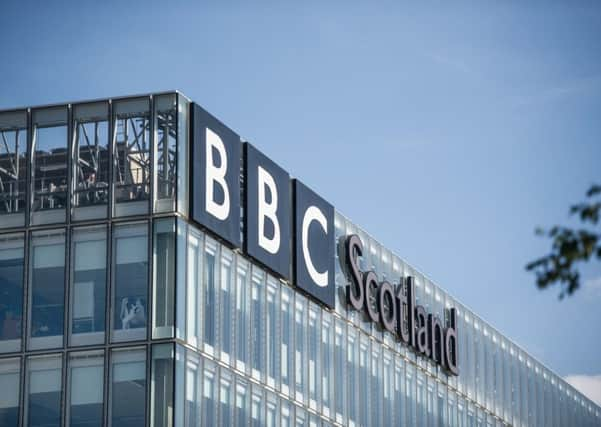Brian Ferguson: Scottish television industry has bright future


There was no escaping a sense of uncertainty about the future at the broadcasting summit at the Royal College of Surgeons in Edinburgh, BBC Alba’s reception for MSPS at Holyrood and the launch of BBC Scotland’s new programmes at Pacific Quay in Glasgow.
The publication of the Royal Charter earlier this month had been viewed by some as a pivotal moment for the screen sector in Scotland, in which the BBC plays such a crucial part.
Advertisement
Hide AdAdvertisement
Hide AdBut it has done nothing to bring an end to political wrangling over the future of BBC Scotland, while BBC Alba’s operators and supporters have noticeably ramped up the rhetoric over its own future.
On the face of it, there is much to be optimistic about at the moment.
BBC Scotland is gearing up for the return of Still Game after a nine-year break, it has recently seen one major drama series, One of Us, go out across the network and has just started filming another, Clique, in Edinburgh.
While BBC Scotland has also confirmed another series of its hit series Shetland, BBC Alba’s own drama Bannan, is being sold to overseas broadcasters, has just launched its latest batch of episodes and begun production on a fourth series at its base on the Isle of Skye.
This week will documentaries on the National Theatre of Scotland and Outlander author Diana Gabaldon broadcast on BBC Scotland and BBC Alba respectively.
What was clear from the three events was that there are far broader ambitions for both BBC Scotland and BBC Alba.
But while the next 12 months may offer the prospect of an exciting future for both, a more pessimistic observer might worry about how the much-publicised spending pressures on the BBC will impact on those ambitions.
The Scottish Government is deeply unimpressed by the failure to make any significant progress in its long-running campaign to ensure more of the licence fee money raised north of the Border is ploughed back into Scottish programming.
Advertisement
Hide AdAdvertisement
Hide AdIt will be some time before it knows if any more resources will be freed up for both BBC Alba and BBC Scotland. But the latter has already had to cut its cloth by scaling back its news and current affairs coverage.
The UK government was also highly unlikely to agree to hand full responsibility for broadcasting over to the Scottish Government. But the SNP appears unlikely to settle for the limited scrutiny powers set out in the new charter.
Culture secretary Fiona Hyslop, who has led the calls for reform, may also be frustrated that much of the debate over BBC Scotland’s future focuses on whether a so-called “Scottish Six” bulletin will ever see the light of day.
My impression from the Pacific Quay event is that BBC Scotland will go to great lengths to keep its existing “Reporting Scotland” audience happy with any new format.
But Pacific Quay is suddenly grappling with the complication of STV’s clever move to launch its own integrated news bulletin - the so-called “Scottish Seven” - on its second channel early next year.
While some see the Scottish Six saga as a red herring amid the campaign for more decision-making and resources north of the Border, those wider ambitions for the BBC in Scotland may have to wait.